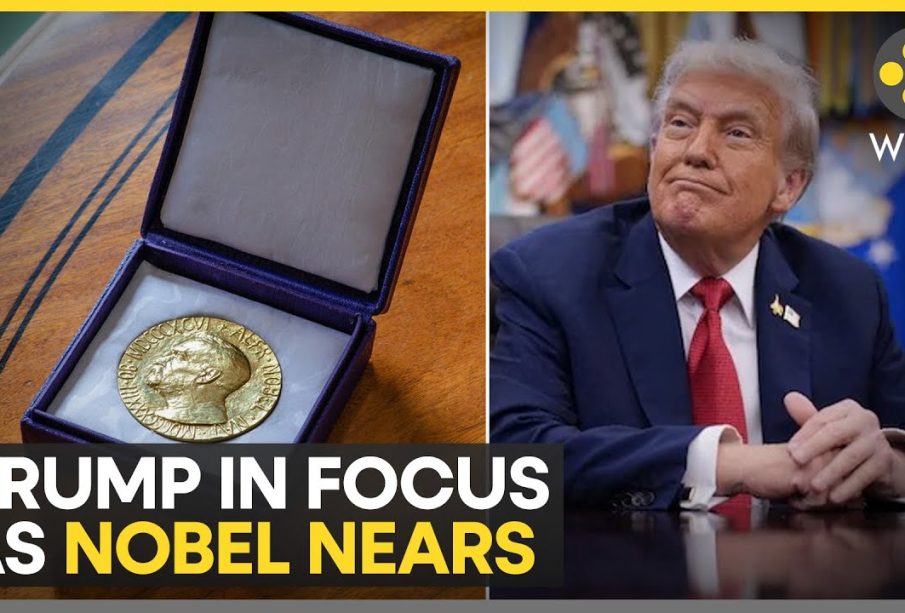Trump’s Nomination for the Nobel Peace Prize: A Look Back

Introduction
The Nobel Peace Prize has long been a symbol of global recognition for significant contributions to peace. Each year, the nominations and eventual recipients often spark debates and discussions worldwide. One of the more controversial nominations in recent years was that of former U.S. President Donald Trump, nominated in 2019 for his efforts to negotiate peace between North Korea and the United States. Understanding this nomination helps to shed light on the broader context of diplomacy and global politics during his administration.
Background on the Nomination
Donald Trump was nominated for the Nobel Peace Prize in 2019 by Christian Tybring-Gjedde, a member of the Norwegian Parliament, who recognized Trump’s assertive approach in bringing North Korean leader Kim Jong-un to the negotiating table. The nomination was based on the historic talks that took place in Singapore in June 2018, which aimed to denuclearize the Korean Peninsula. Tybring-Gjedde believed that Trump’s diplomatic initiatives were paving the way for a potential peaceful resolution to the longstanding tensions in the region.
Public Reaction and Impact
The nomination sparked widespread debate. Supporters of Trump heralded it as a validation of his unconventional approach to foreign policy, while critics argued that it undermined the integrity of the Nobel Prize, pointing out that North Korea had not taken tangible steps towards denuclearization. The discussion was further complicated by the political climate in the U.S., where Trump’s presidency was highly polarizing. The nomination highlighted how global peace efforts could be influenced by domestic politics, and it raised questions about the criteria for awarding such a prestigious prize.
Conclusion
Ultimately, the Nobel Committee did not award Trump the 2019 Peace Prize, which went instead to Abiy Ahmed, the Prime Minister of Ethiopia, for his efforts to achieve peace and international cooperation. However, Trump’s nomination remains a compelling case study in the intersection of diplomacy, politics, and global perceptions of leadership. The event serves as a reminder that the path towards peace is often complex and fraught with challenges. As international relations continue to evolve, the implications of Trump’s nomination will likely influence future discussions on diplomacy and the awarding of the Nobel Peace Prize.


